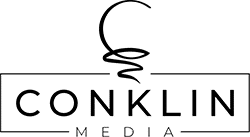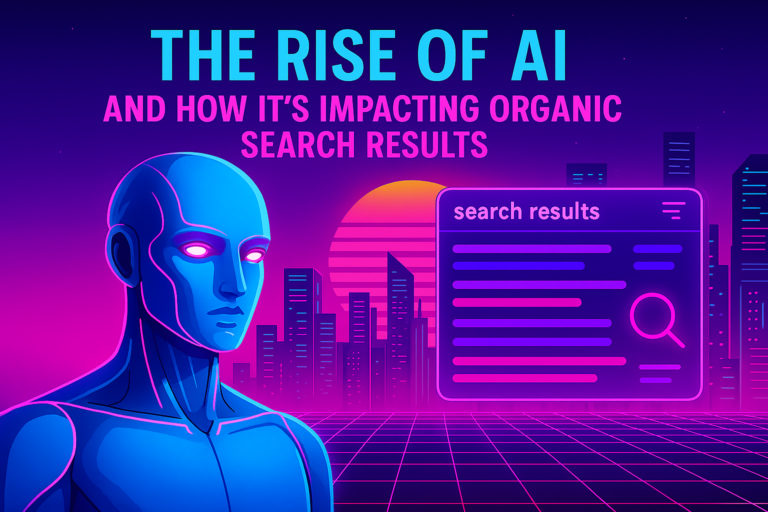The digital marketing landscape has become a cornerstone of modern commerce, fundamentally reshaping how businesses connect with consumers and driving technological innovation across industries. Understanding the scale and trajectory of this market is crucial not only for businesses and investors but also for policymakers and analysts who must navigate the complex intersection of technology, commerce, and consumer behavior. What is the current digital marketing market size, and how is it expected to evolve in the coming years?
The global digital advertising and marketing market is projected to reach US$786.2 Billion by 2026, growing at a CAGR of 13.9% from US$476.9 Billion in 2022.
While this topline figure provides a useful reference point, it only scratches the surface of what decision-makers need to know. The market size varies significantly across different regions, industry verticals, and marketing channels, making it essential to understand these nuances for more targeted strategic planning and investment decisions.
How Does Digital Marketing Market Size Vary By Region?
The digital marketing landscape exhibits significant regional variations, with North America and Asia-Pacific emerging as the dominant players. North America, particularly the United States, leads the market with approximately 40% of global digital marketing spend, driven by high internet penetration rates and advanced digital infrastructure. The Asia-Pacific region follows closely, experiencing the fastest growth rate due to rapid digital transformation in countries like China and India.
Europe maintains a substantial market share, characterized by strict regulatory frameworks like GDPR that influence digital marketing strategies. Meanwhile, emerging markets in Latin America and Africa show promising growth potential. However, they currently represent smaller portions of the global market due to developing digital infrastructure and lower digital adoption rates.
Which Industry Sectors Dominate Digital Marketing Spend?
Retail and e-commerce consistently lead digital marketing expenditure, accounting for approximately 25% of total spending as businesses compete for online consumer attention. The financial services sector follows, investing heavily in digital channels to reach increasingly tech-savvy customers and promote fintech solutions.
Technology and telecommunications companies are also major contributors, while healthcare and pharmaceutical sectors have significantly increased their digital marketing investments, particularly following the global pandemic. The automotive industry has shifted substantial portions of its traditional marketing budget to digital channels, reflecting changing consumer research and purchasing behaviors.
How Is The Market Split Between Different Digital Marketing Channels?
Search engine marketing (SEM) and social media advertising continue to capture the largest share of digital marketing budgets, collectively accounting for over 50% of total spending. Programmatic advertising has seen remarkable growth, with automated buying and selling of ad space becoming increasingly sophisticated through AI and machine learning applications.
Content marketing and email marketing maintain steady growth trajectories while emerging channels such as influencer marketing and video advertising show particularly strong momentum. Mobile advertising has become increasingly dominant, reflecting the growing prevalence of smartphone usage and mobile-first consumer behavior patterns. The rise of connected TV (CTV) and over-the-top (OTT) platforms represents the newest frontier in digital marketing spend, with rapid growth expected in coming years.
What Are The Key Growth Drivers Of The Digital Marketing Market?
The acceleration of e-commerce adoption, particularly following the global pandemic, has fundamentally altered consumer behavior and dramatically increased digital marketing demand. Mobile device proliferation continues to expand the addressable market, with smartphones becoming the primary interface for internet access in many regions. The emergence of 5G technology further amplifies these trends by enabling more sophisticated and data-intensive marketing approaches.
Artificial intelligence and machine learning technologies are revolutionizing targeting capabilities and campaign optimization, making digital marketing more efficient and effective. Additionally, the growing importance of first-party data collection and analysis, driven partly by privacy regulations and the phase-out of third-party cookies, is pushing businesses to invest more heavily in digital marketing infrastructure and capabilities.
What Challenges Could Impact Future Market Growth?
Privacy concerns and regulatory compliance requirements represent significant challenges to market growth, with legislation like GDPR and CCPA requiring substantial adjustments to digital marketing practices. The increasing complexity of data protection laws across different jurisdictions creates operational challenges for companies operating globally.
Ad fraud and bot traffic continue to threaten market efficiency, with some estimates suggesting that billions in advertising spend are wasted annually on fraudulent or invalid traffic. The growing adoption of ad-blocking technology presents another challenge, forcing marketers to develop more organic and native advertising approaches. Additionally, market saturation in certain channels and regions has increased customer acquisition costs, potentially impacting return on investment for digital marketing initiatives. The industry must also address concerns about digital marketing’s environmental impact, particularly the energy consumption associated with programmatic advertising and data centers.









